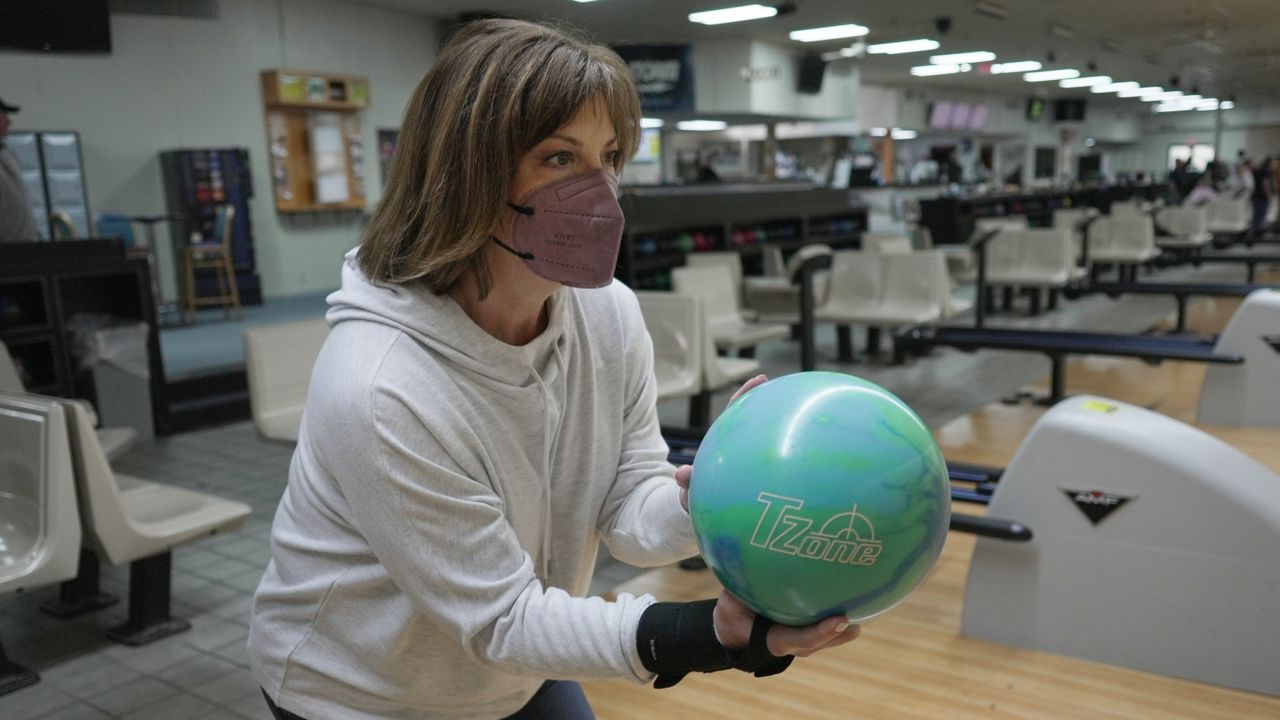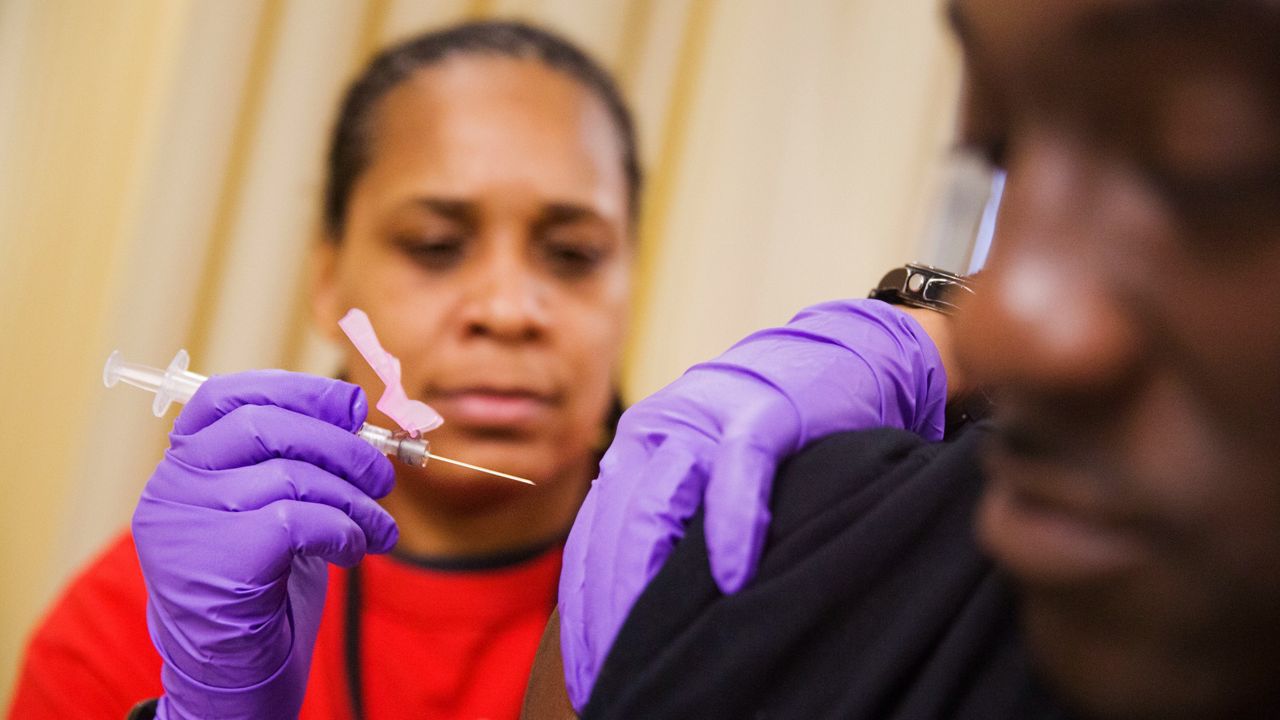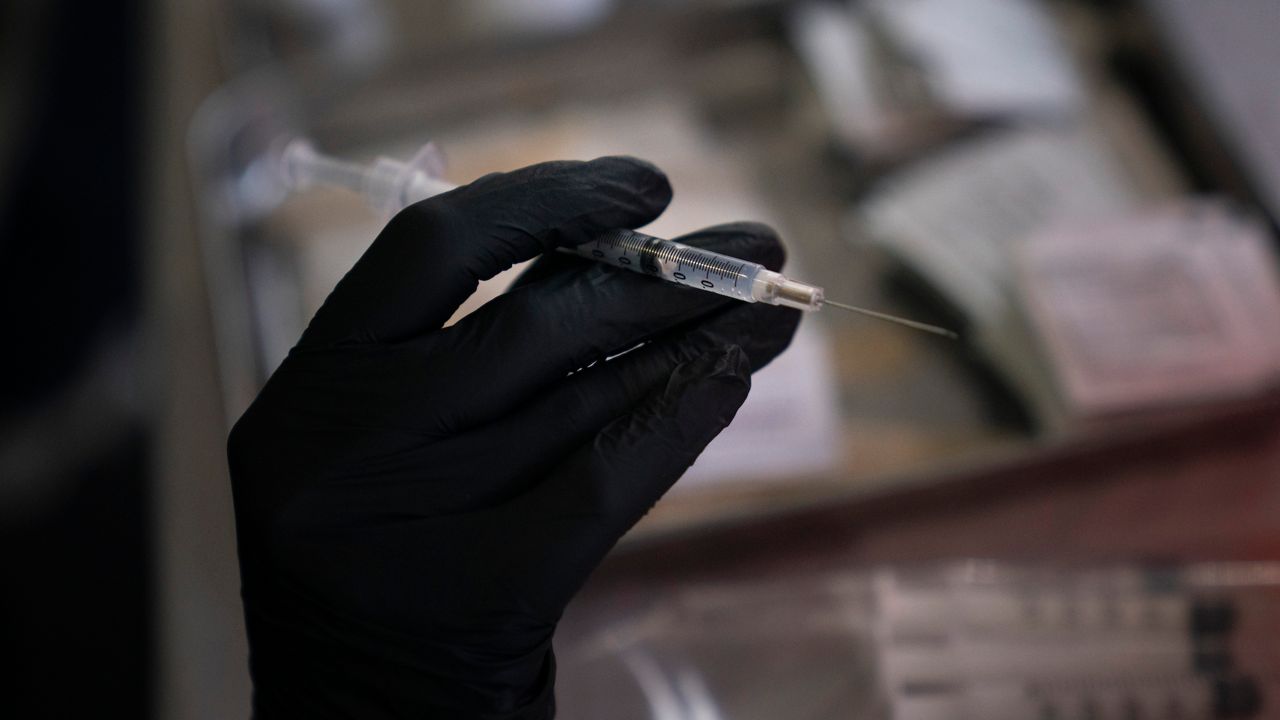LAGRANGE, Ky. — Even during last year’s peak of COVID-19, Dr. Matt McDanald with Baptist Health says the emergency rooms were manageable.
“The ER volume was down. People with COVID showed up. It was not a big deal to take care of those people,” McDanald said. Well those ER numbers have rebounded now and we’re seeing our normal volume if not even increased volume than 2020 or 2019."
McDanald says Baptist Health LaGrange now has more COVID-19 patients than ever before, and people are starting to clog up the ER just to get tested.
“Unfortunately, when patients show up to the emergency department and we’re full of patients that have other medical problems like pneumonia, stroke, or heart attack, that can back up the emergency department significantly,” he said.
McDanald and other Baptist Health leaders are asking people to avoid the ER for COVID-19 tests and go somewhere else.
Of course, if you feel severe symptoms like shortness of breath, skin turning blue anywhere, especially your lips, significant chest pain, or a high fever, going to the ER is fine.
McDanald says urgent care locations can help with other, milder symptoms.
“If you think you have COVID, you really need to separate, isolate yourself for a little while, treat your fever, see your physician, call a health care professional, especially if your symptoms worsen,” he said.
McDanald says the hospital has more than enough testing supplies and space for patients, but COVID-19 cases have escalated quickly.
“A vast majority of those patients are unvaccinated individuals,” McDanald said. “And we’re seeing more and more young people than we saw in the previous wave of 2020.”
He says he’s hopeful this latest surge won’t last long, but it’s impossible to predict how it will affect each community.










